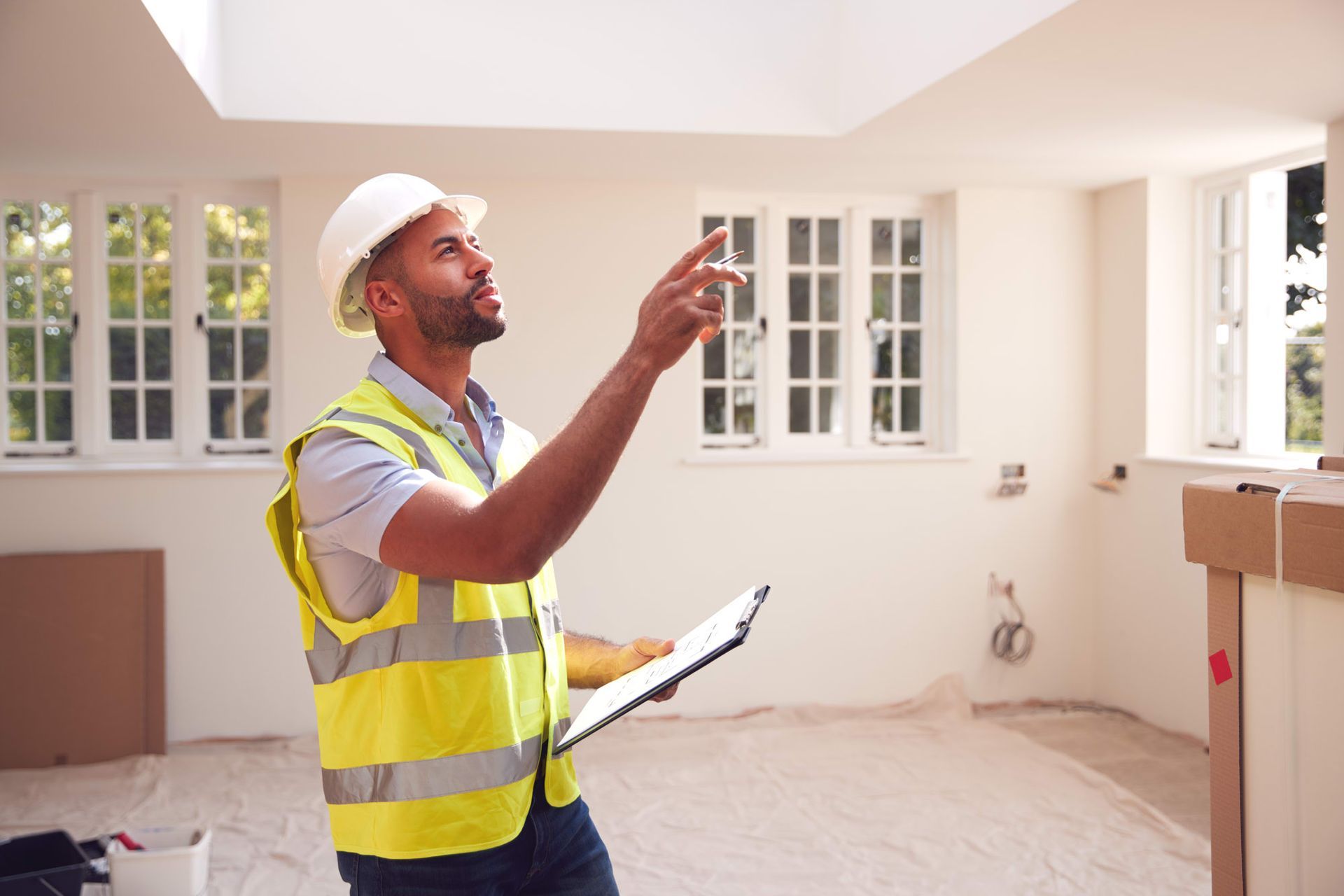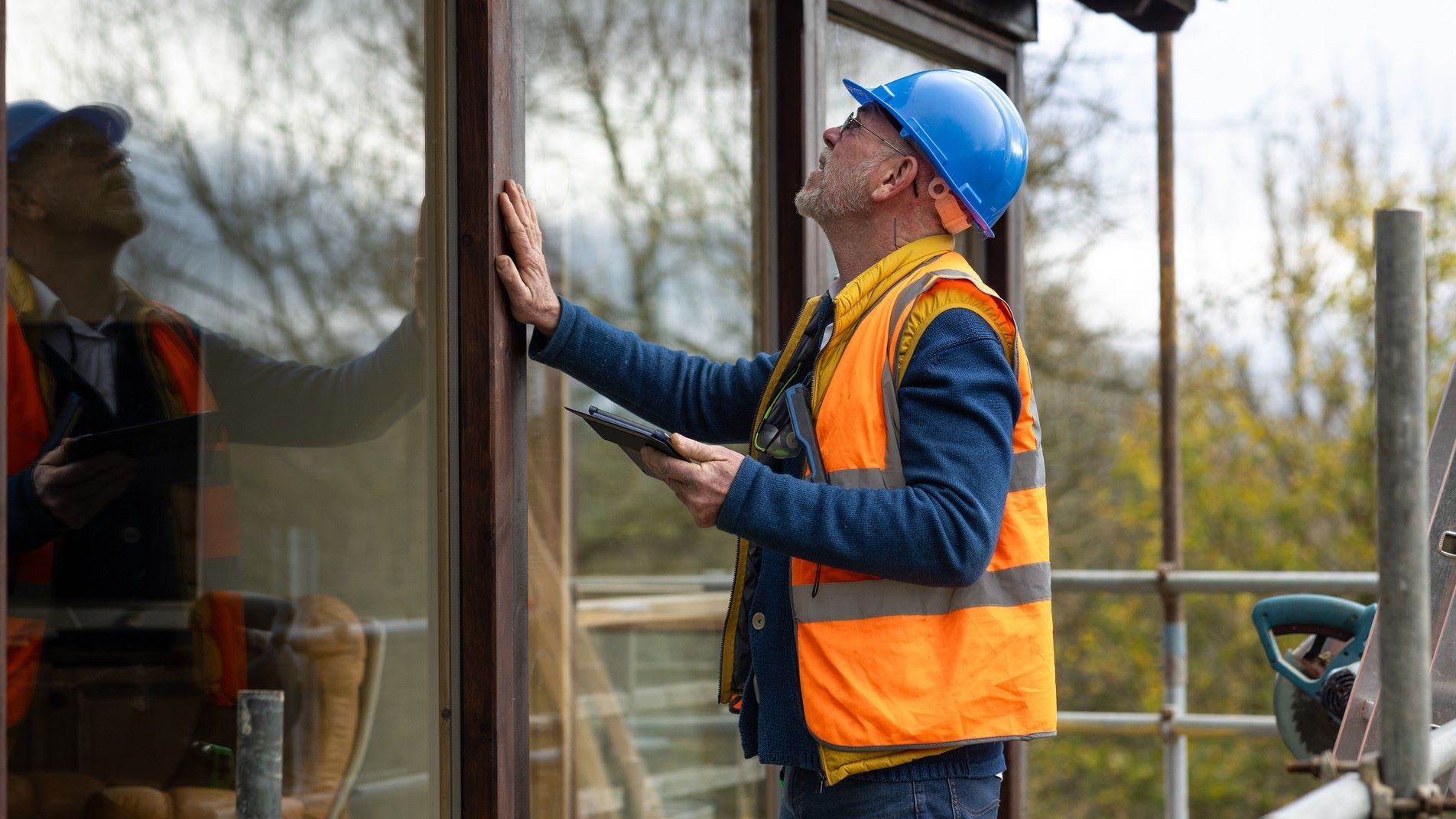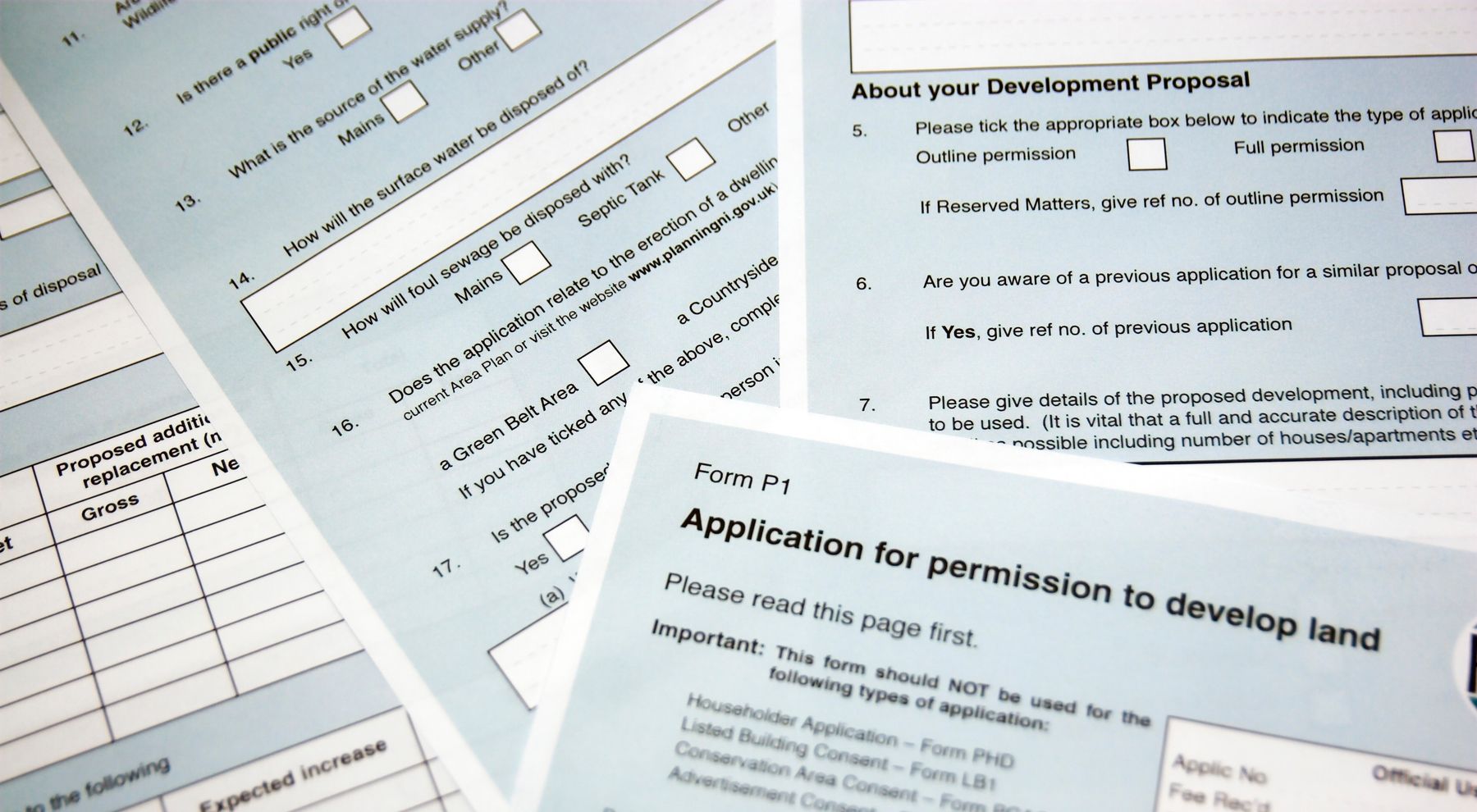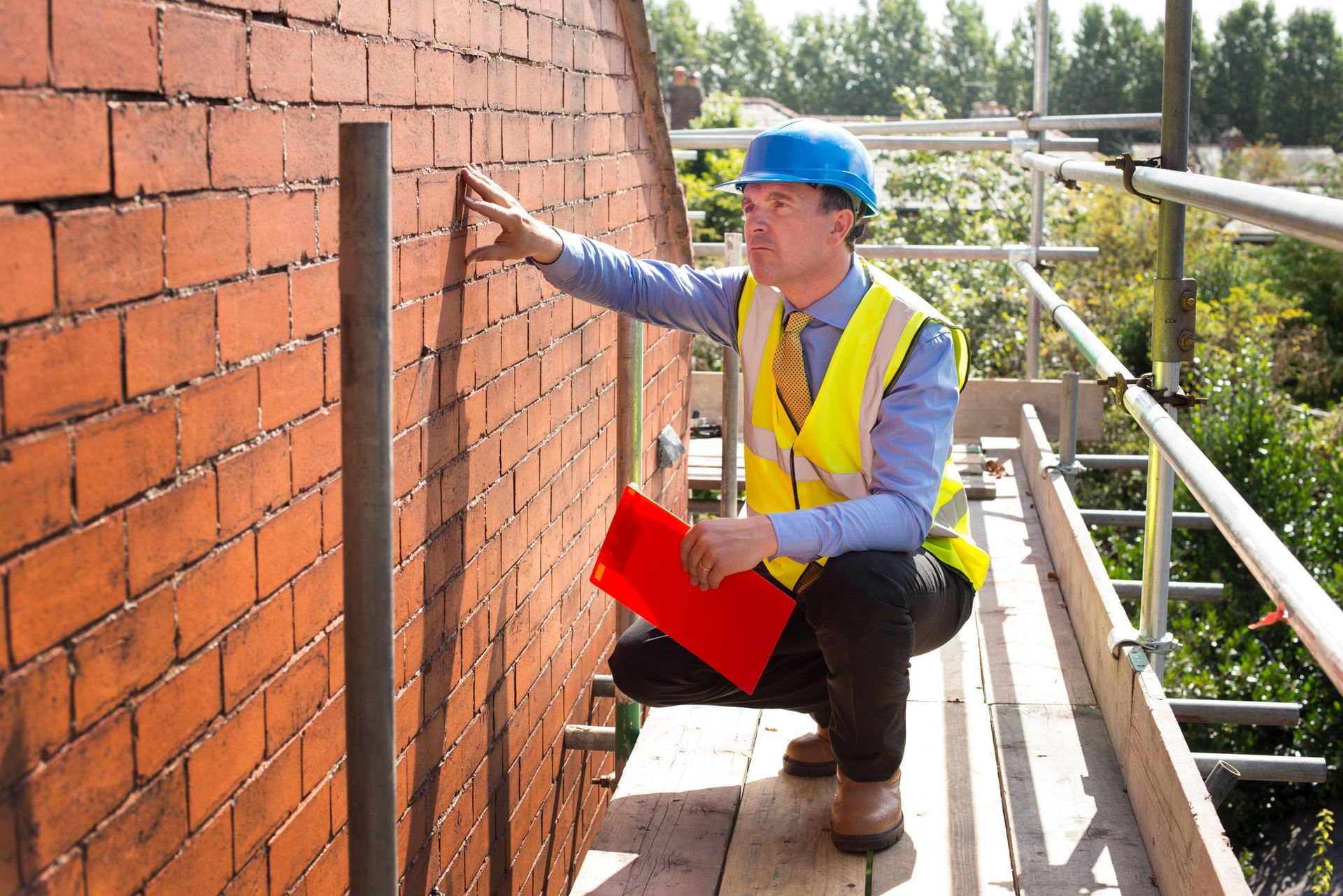Understanding Planning Permissions

Planning permissions are something that most homeowners dread, particularly if they have been rejected previously. The idea of running your plans by a council and letting them determine whether you should be permitted to build or not can be quite unnerving. However, planning permissions don’t need to be so worrisome.
Learn What You Can Build Without a Permit
Not everything requires planning permission, so you may be able to build what you like without having to apply for a permit. This reduces much of the stress, so if it’s an option, you’ll want to take it.
Most new homes or dwellings will require planning permission, as well large outbuildings or detailed extensions. If your build involves a listed building, you’ll likely need permission for this, as well.
Small expansions may be permitted without needing to apply ahead of time. You can often adjust or extend your roof, as well, without issues and small outbuildings may also be permitted under Permitted Development. You can build a porch, make internal alternations, convert loft spaces, install satellite dishes and microgeneration equipment, rooflights, or extend the rear of your home without problems, as well.
Types of Planning Permission
There are multiple types of planning permissions, so you should be aware of what each one covers and when you might need it.
Full Planning Permission: This allows you to create a project with a rather detailed design. There are specific planning conditions which must be discharged formally by letter to the local authority. Do this before the project begins or you may lose the approval.
Outline Planning Permission : While this permission gives permission, it does not include the design and is usually used to test how viable a building project is before going for full permission. You will still need to apply for permission and approval with the full plans before you can begin construction.
Householder Planning Permission: If you are merely altering your existing home or building an addition, you will need this type of planning.
Each permission type has its own specifications, so you should become aware of what is required before submitting.
Hire an Expert
If you find yourself struggling to understand planning permissions on your own, it’s a good idea to look at hiring someone who is familiar with the various permissions. They can help you determine just what you need and will help manage the paperwork and various experts, too.
The entire process will flow better when you have someone on your side. Take the time to learn exactly what you need, but don’t be afraid to ask for help.
Looking for someone to aid with applying for planning permission? At Simon Levy , we have experts to help you in your journey.











